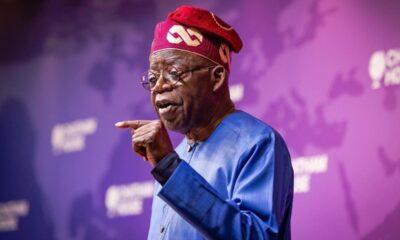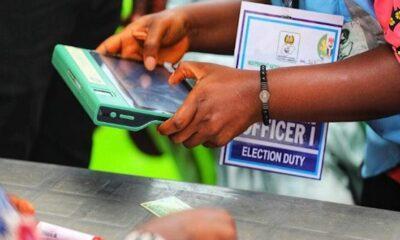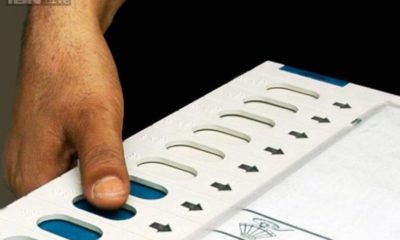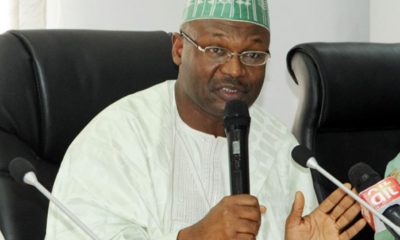Government
Nigerian Political Parties to Spend Billions of Naira as INEC Lift Ban on Political Campaigns
Political parties in Nigeria are expected to spend billions of naira in the next year’s elections as INEC officially lifts the ban on political activities.
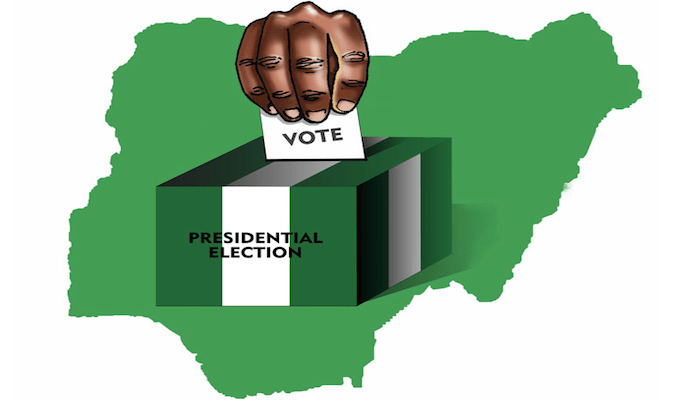
Government
EFCC Declares Former Kogi Governor, Yahaya Bello, Wanted Over N80.2 Billion Money Laundering Allegations
Government
Concerns Mount Over Security as National Identity Card Issuance Shifts to Banks
Government
Israeli President Declares Iran’s Actions a ‘Declaration of War’
-

 Forex2 weeks ago
Forex2 weeks agoZiG to the Rescue: Zimbabwe Shifts Gear with New Currency Backed by Gold
-



 Naira2 weeks ago
Naira2 weeks agoDollar to Naira Black Market Today, April 9th, 2024
-

 Billionaire Watch2 weeks ago
Billionaire Watch2 weeks agoNigerian Billionaire Tony Elumelu Contemplates Acquiring NPFL Club
-





 Naira2 weeks ago
Naira2 weeks agoDollar to Naira Black Market Today, April 8th, 2024
-





 Naira2 weeks ago
Naira2 weeks agoNaira Hits Eight-Month High at 1,120/$ Amidst Central Bank Reforms
-





 Naira4 weeks ago
Naira4 weeks agoDollar to Naira Black Market Today, March 26th, 2024
-



 Naira6 days ago
Naira6 days agoDollar to Naira Black Market Today, April 17th, 2024
-

 Banking Sector4 weeks ago
Banking Sector4 weeks agoSafaricom, Access Holdings Forge Partnership to Revolutionize Remittance Corridor in Africa




